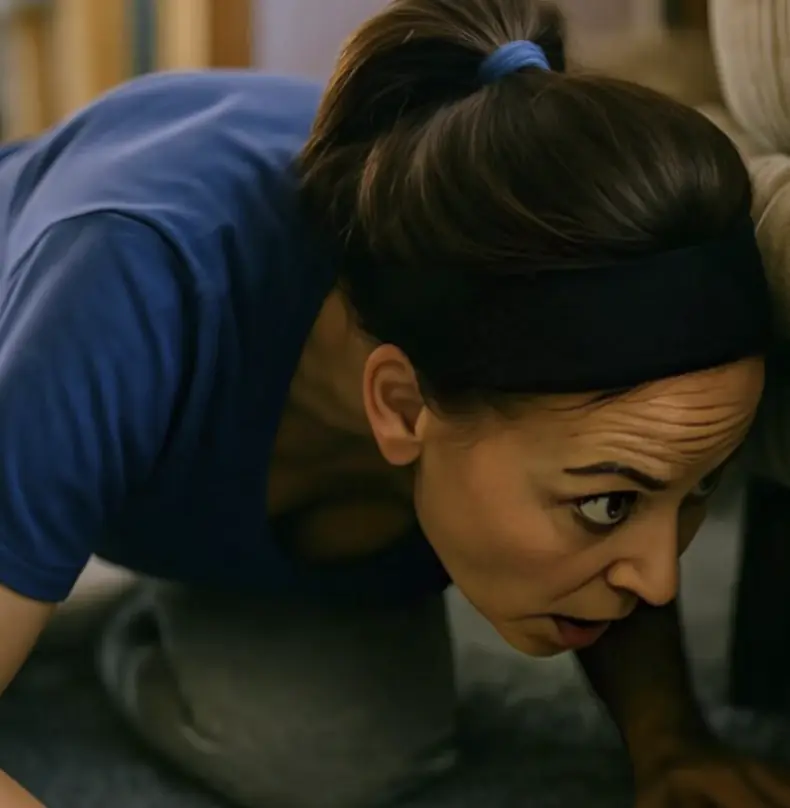
How a Vintage Suitcase Taught My Son About Respect and Humility
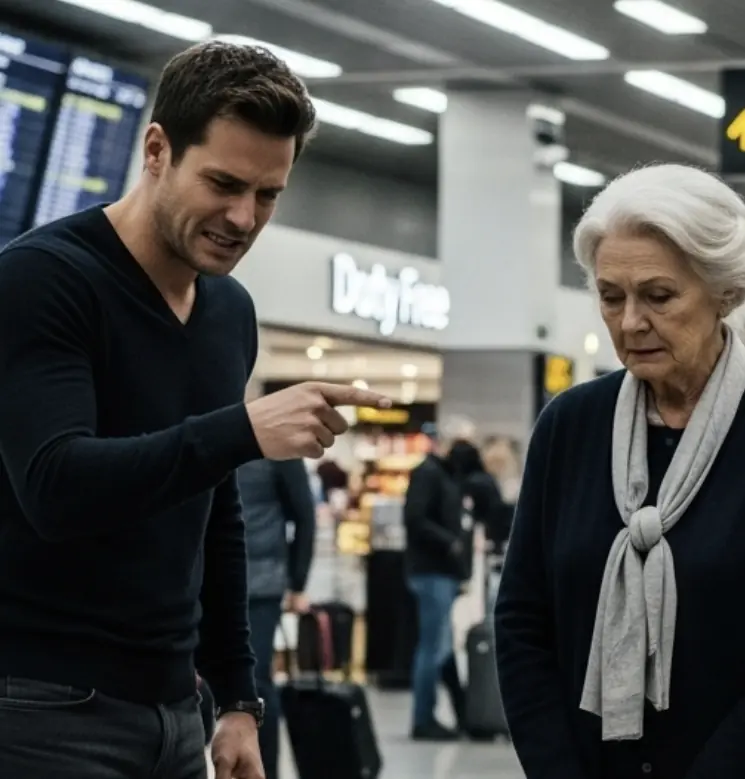
The suitcase was older than my son—worn leather, faded edges, and brass clasps that squeaked whenever they were opened. It sat in the corner of the attic for years, gathering dust like it was waiting for the right moment to speak. My son, Lucas, called it “the ancient box.” He always made jokes about it, saying it smelled like “old people and regret.” I laughed sometimes, but a part of me wished he understood that some things deserve more than mockery—they deserve respect.
Lucas was sixteen—full of opinions, pride, and impatience. He believed everything should come easy. Hard work was something other people did. Respect was something he expected, not something he offered. That suitcase became the unexpected path to change… though neither of us saw it coming.
One summer morning, after an argument about chores, I asked Lucas to help clean the attic. He rolled his eyes but dragged himself upstairs. Minutes later, I heard him shout, “Mom! This thing is falling apart. Can I throw it out?” He was pointing at the old suitcase. My answer was calm but firm: “No. That suitcase belonged to your grandfather.”
He shrugged. “So? It’s useless now.”
I didn’t respond. Instead, I asked him to bring it down.
We placed it on the dining table. The clasps clicked open, releasing a faint smell of wood and tobacco. Inside were letters, black-and-white photos, and a folded uniform. Lucas stared at it like he had just opened another world. My father—his grandfather—served in the military, worked multiple jobs, and built our family from nothing. Everything inside that suitcase was a piece of his life. It wasn’t junk. It was evidence.
Lucas found a photo of my father at age seventeen—young, tired, but standing proudly beside a train station with that same suitcase at his feet. I began telling my son everything I had never bothered to explain before: how my father left home at sixteen, how he walked miles for work, how he used this suitcase to carry all he owned. How humility wasn’t weakness for him—it was strength.
Lucas listened quietly. For the first time, he wasn’t joking or rolling his eyes. Something inside him changed—subtly, but certainly.
Over the next days, he asked more questions about his grandfather: “Was he scared? Did he ever want to give up? Did he regret anything?” And I answered honestly—yes, he was scared. Yes, he struggled. But he never stopped trying. That was the difference. He knew respect had to be earned, not demanded.
Lucas began spending time in the attic. Not to escape work, but to read the letters. One afternoon, I found him sitting with the suitcase open, rereading one particular note. It was written the night my father left his hometown. Lucas looked up and said quietly, “He didn’t complain once. He just… kept going.” There was a new tone in his voice—almost reverent.
A week later, I suggested he start working part-time at Mr. Thompson’s diner down the street. He groaned but agreed. On his first day, he came home exhausted. “People are rude, Mom,” he said. “No one even says thank you.” I simply replied, “Now you understand respect.” He didn’t argue.
Something changed after that. He started waking up earlier. Helping around the house. Speaking softer. Listening more. The diner taught him humility—and the suitcase taught him why it mattered. One evening, I found him polishing the suitcase gently, as though it was something fragile and precious. He looked at me and said, “I don’t think it smells bad anymore.”
Weeks passed. Then came the moment I knew my son had finally understood.
Mr. Thompson called me unexpectedly. Instead of complaining, he said, “Your boy stayed late today—helped an older customer carry groceries to her car. Didn’t ask for anything. Just did it.” I felt something warm in my chest. When Lucas came home, I didn’t say anything. I just asked about his day. He shrugged casually but there was pride in his eyes—the quiet, earned kind. The kind my father once carried.
That night, Lucas brought the suitcase to my room. He said, “I want to keep it in my room. But first—I want to put something inside.” He placed his diner name tag next to the old uniform. Then he whispered, “So I don’t forget.”
We didn’t need many words after that.
Months later, Lucas stood in front of his class to give a presentation about humility. Instead of a slideshow, he brought the vintage suitcase. He told my father’s story. He didn’t dramatize it. He didn’t exaggerate. He simply spoke from the heart. His teacher called me afterward and said it was the most sincere speech she’d heard in years.
It became clear to me that sometimes, lessons don’t come from lectures or punishments—but from history. From legacy. From the quiet voice of someone who lived differently. An old suitcase, for most people, is just luggage. For us—it became a mirror.
A year later, Lucas helped restore the old train station in town—the same kind from the photograph. He wrote his grandfather’s name on a small plaque and placed it near the entrance. When I asked him why, he said, “Because people need to remember that respect begins with gratitude. And humility is what keeps it alive.”
He looked older that day. Not in a tired way—but in a grounded way. The kind that comes from learning the hard truths of life and accepting them with grace. Just like my father once did.
The suitcase remains in Lucas’s room—polished, preserved, and honored. And on its leather surface, he placed a handwritten label:
“Not just where he carried his things—
but where he carried his courage.”
Sometimes, change doesn’t come loudly. It arrives in the quiet opening of an old latch. In forgotten letters. In a story passed down. In humility rediscovered. And in a son—finally learning how to stand tall, not with pride…
…but with respect.
News in the same category


How a Loyal Dog Unveiled a Deadly Conspiracy in a Texas Death Row Case

“What time are you meeting your mistress today?” the wife asked her husband
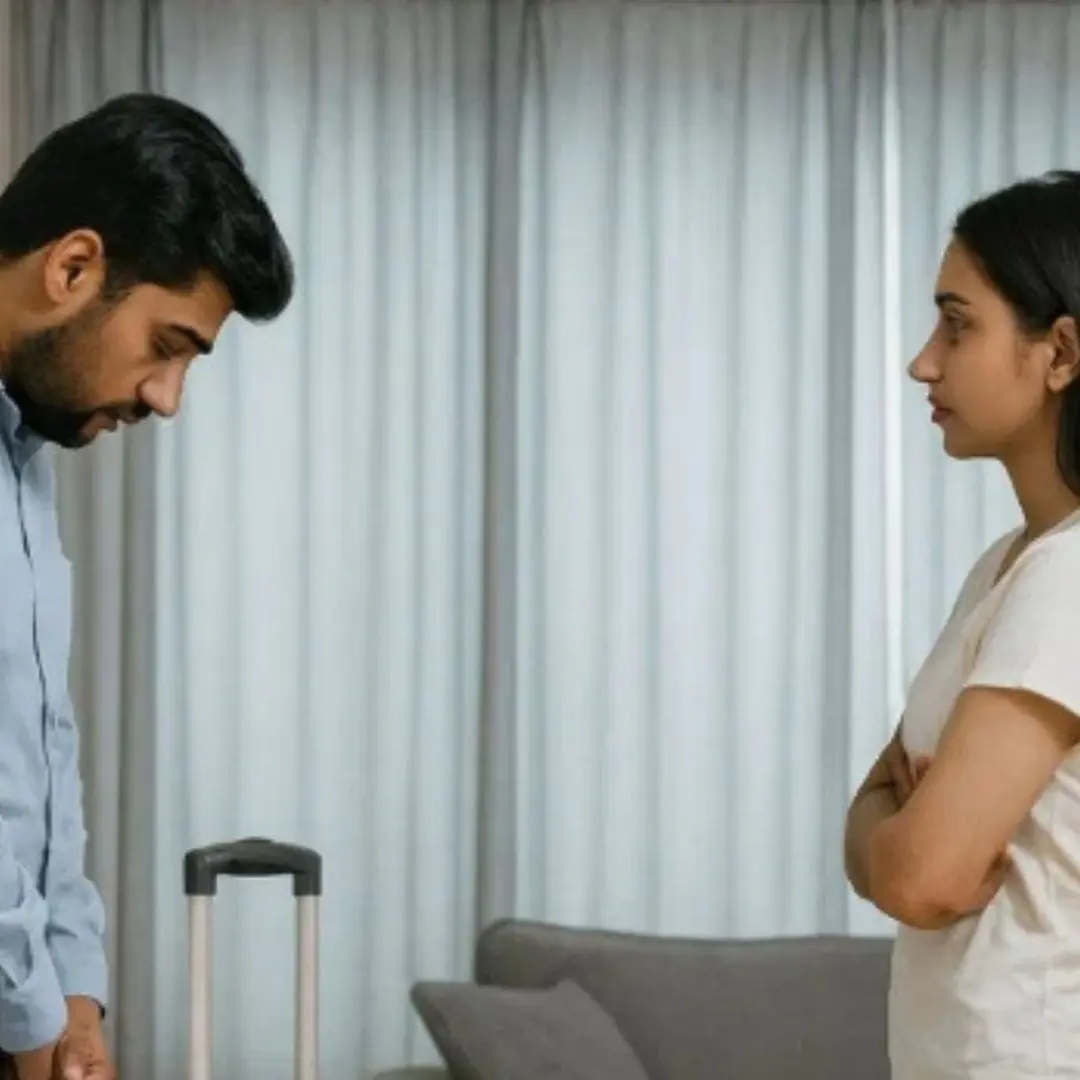
My husband secretly went on a 15-day trip with his “best friend.” When he returned, I asked him a single question that paralyzed him

At Her Son’s Wedding, the Maid Was Humiliated — Until the Bride’s Father Spoke the Truth…

I hid the truth about my business and income from my fiancé and his family, and at a family dinner they found out the truth
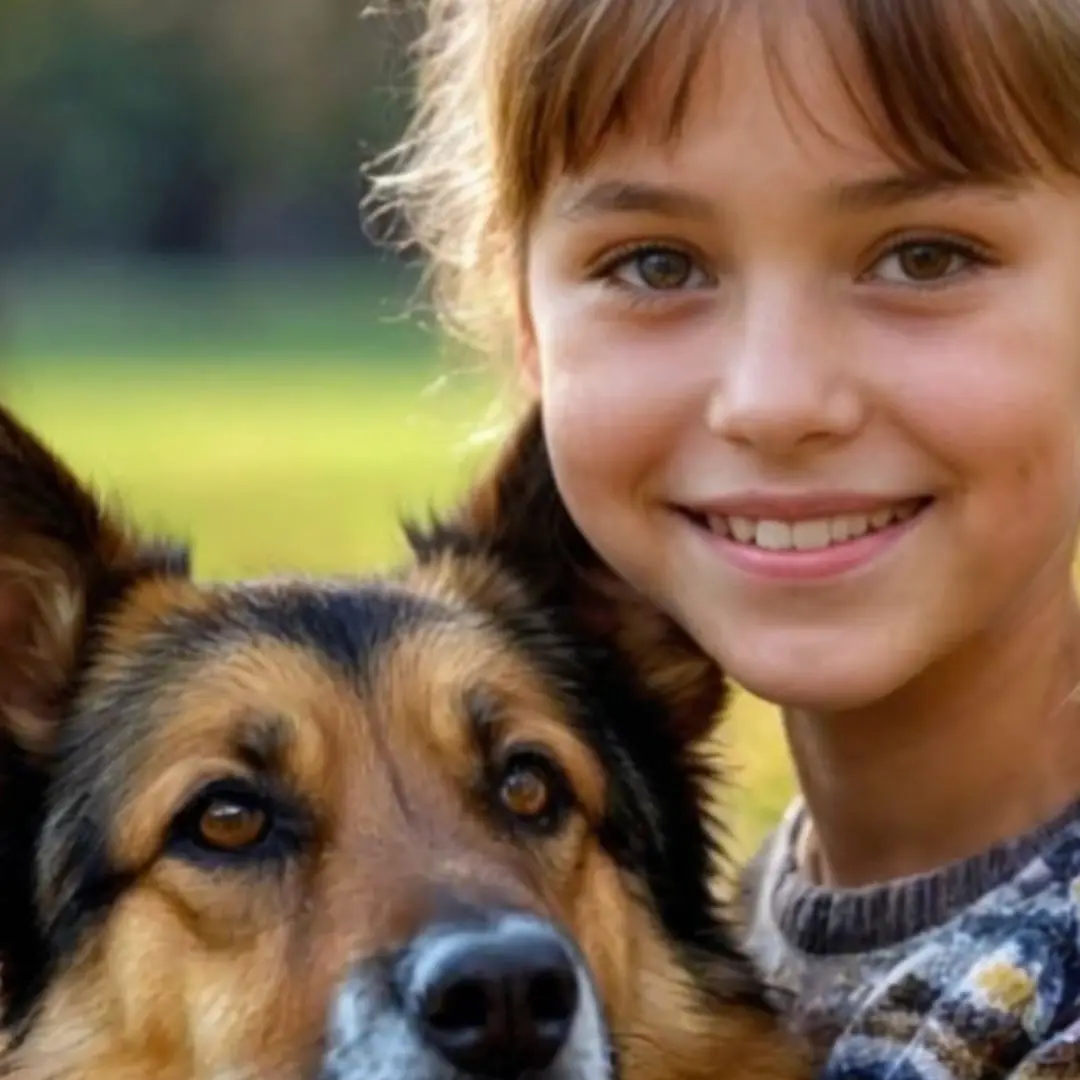
The father gave his sick daughter a dog. When the girl passed away, the dog ran away, and the father was willing to do anything to find it

An orphan who grew up in an orphanage got a job as a waitress in a prestigious restaurant. But after she accidentally spilled soup on a wealthy customer, her fate changed drastically

My Sister Slapped My Daughter for Being ‘Too Noisy’ and My Parents Laughed
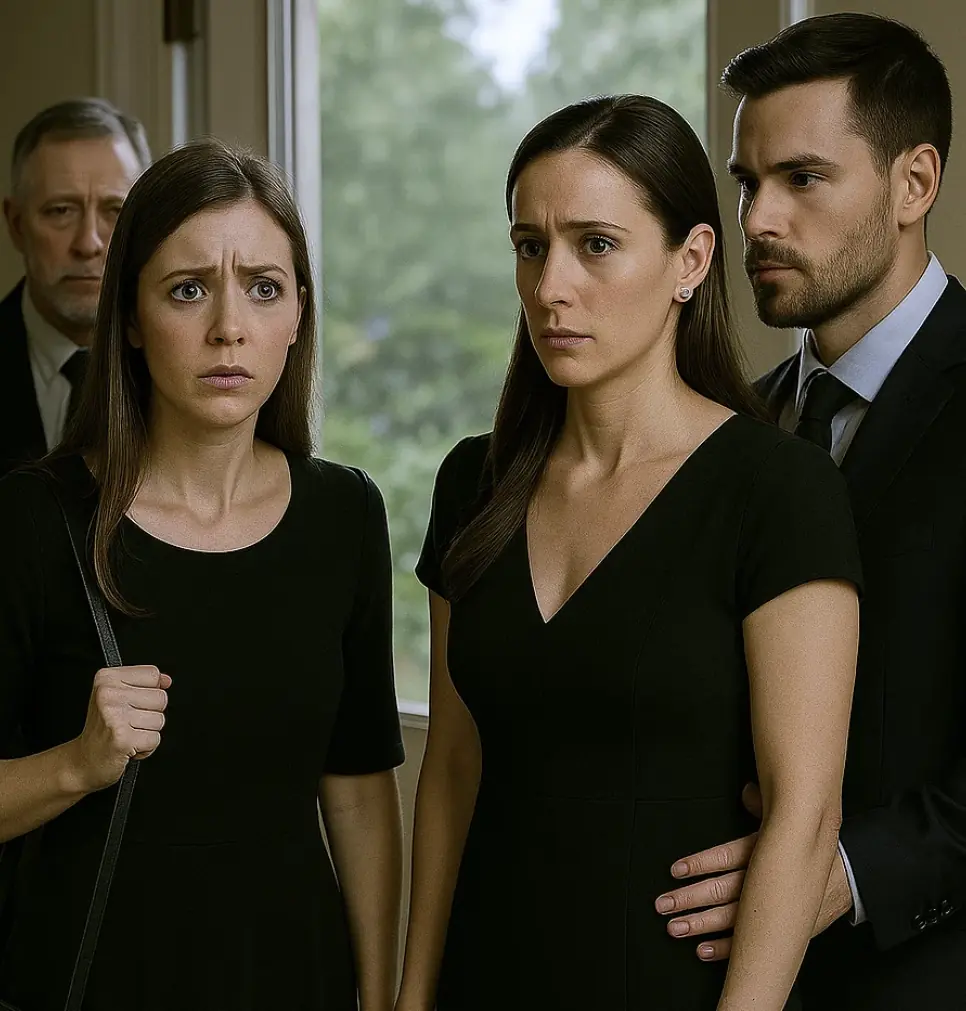
My Sister Took My Millionaire Fiancé, But Fate Reunited Us at Mom’s Funeral
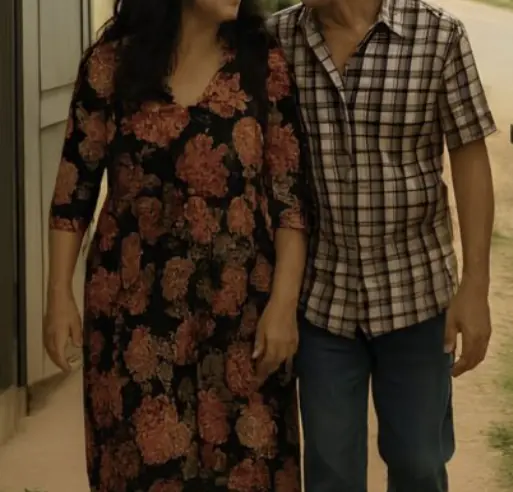
My Father’s 65th Year and the Truth Behind His Secret
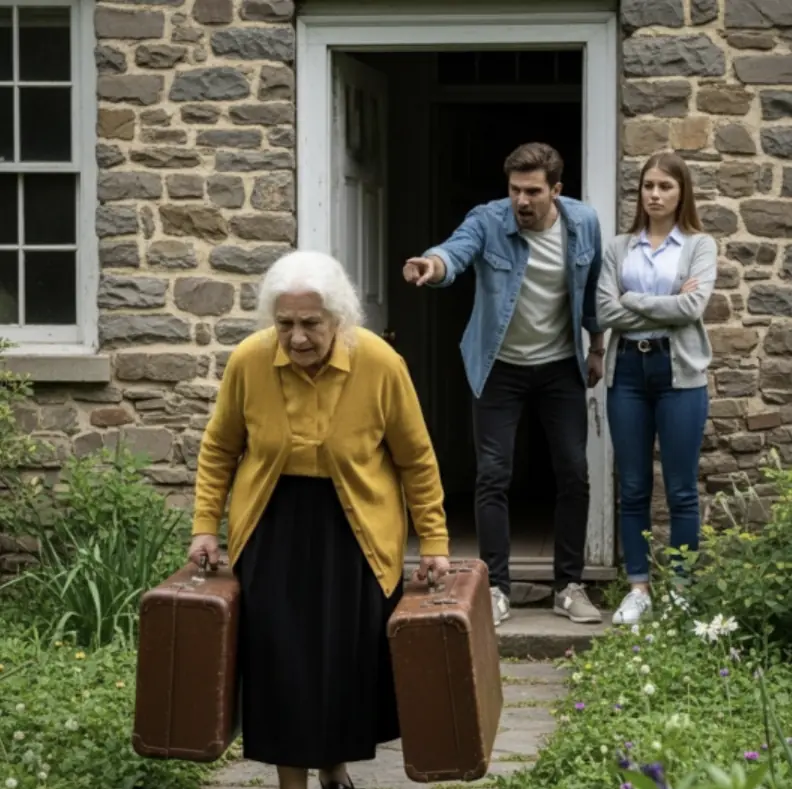
The Shocking Discovery of a $100 Million Fortune After Evicting Her Adoptive Mother

The Stray Cat Who Changed The Street And Stole Everyone’s Heart
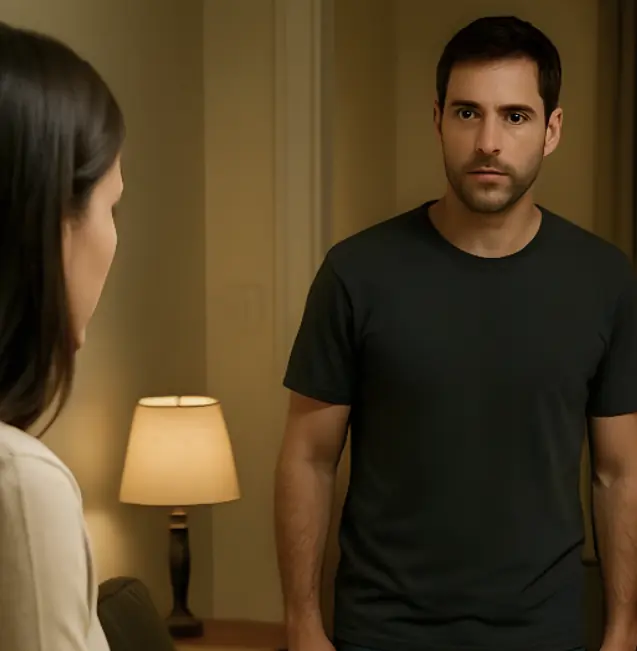
When His New Life Gained a Full-Time Roommate

How a retirement celebration uncovered a family secret that changed everything

Mom disappeared on my birthday… And only ten years later did I realize it wasn’t an escape and learned the truth

“You’re jealous of your brother, he has a family and you’re all alone!” my mother shouted. But I kicked her out of my home along with her suitcases

My Mom’s Old Jewelry Box Was Empty—Except for a Note With My Husband’s Name

I Found a Hidden Room in Our Basement—And My Husband Swore It Wasn’t Ours
News Post

A Hidden Note Reveals the Truth After Our Daughter’s Tragic Passing

How a Loyal Dog Unveiled a Deadly Conspiracy in a Texas Death Row Case

“What time are you meeting your mistress today?” the wife asked her husband

My husband secretly went on a 15-day trip with his “best friend.” When he returned, I asked him a single question that paralyzed him

At Her Son’s Wedding, the Maid Was Humiliated — Until the Bride’s Father Spoke the Truth…

I hid the truth about my business and income from my fiancé and his family, and at a family dinner they found out the truth

Creamy Smothered Chicken with Spinach, Potatoes, and Mushrooms

The father gave his sick daughter a dog. When the girl passed away, the dog ran away, and the father was willing to do anything to find it

An orphan who grew up in an orphanage got a job as a waitress in a prestigious restaurant. But after she accidentally spilled soup on a wealthy customer, her fate changed drastically

Do You Have Little White Bumps by Your Eyes? Learn What Milia Means for Your Skin

My Sister Slapped My Daughter for Being ‘Too Noisy’ and My Parents Laughed

My Sister Took My Millionaire Fiancé, But Fate Reunited Us at Mom’s Funeral

My Father’s 65th Year and the Truth Behind His Secret

The Shocking Discovery of a $100 Million Fortune After Evicting Her Adoptive Mother

The Stray Cat Who Changed The Street And Stole Everyone’s Heart

When His New Life Gained a Full-Time Roommate

How a retirement celebration uncovered a family secret that changed everything

Classic Stuffed Bell Peppers
